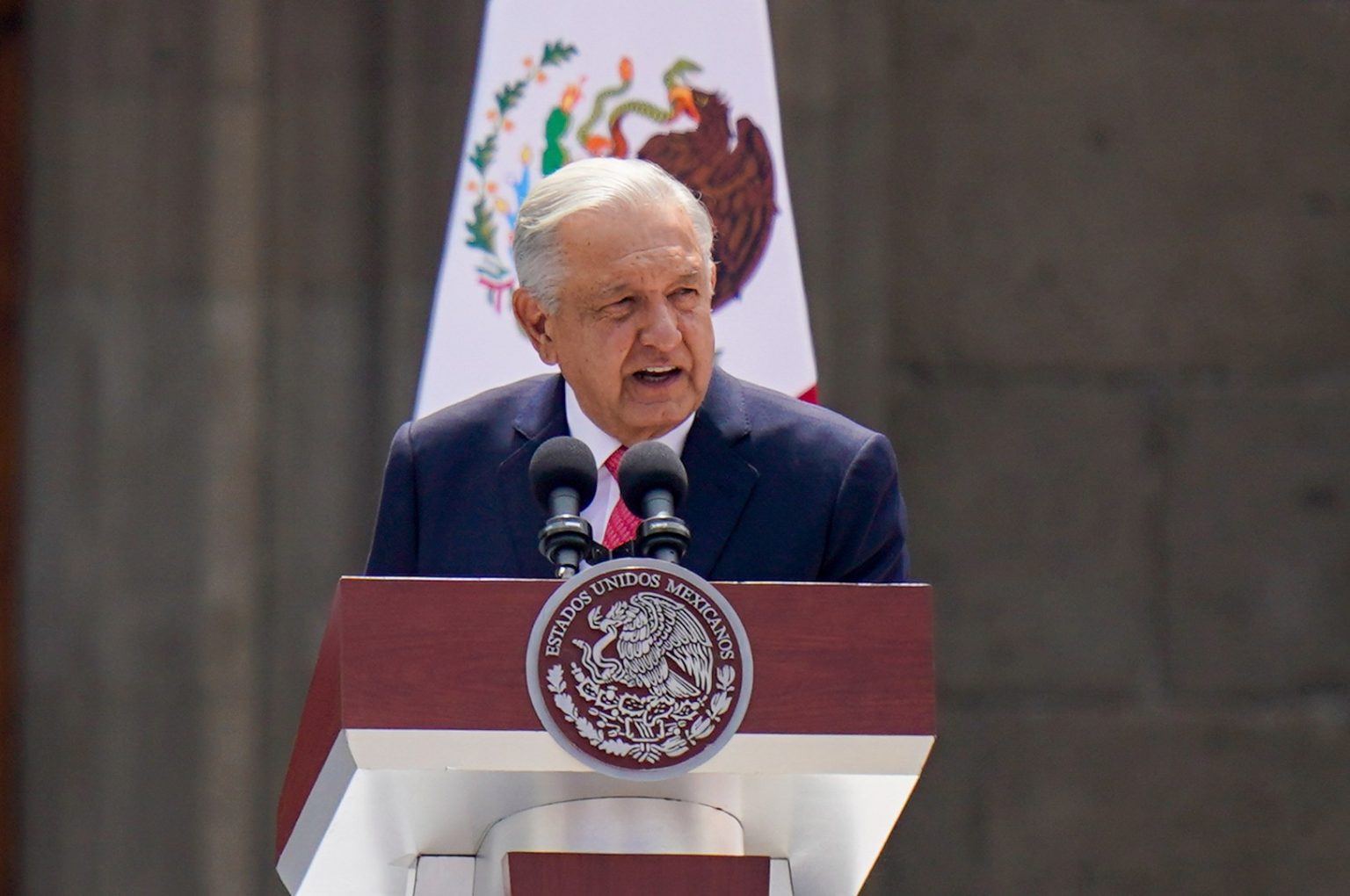Mexican President Andres Manuel Lopez Obrador recently enacted the country’s judicial reform, aiming to make judges more accountable by allowing citizens to elect them. The reforms have sparked mixed reactions, with supporters praising the opportunity for public participation in the justice system, while critics argue that it undermines the independence of the judiciary and erodes the system of checks and balances. The main goal of the reforms is to eliminate corruption in the judiciary and ensure that it reflects the will of the people by making judges responsive to voters.
The process to become a judge has been simplified, requiring a law degree and five years of experience for most positions except the Supreme Court. Candidates are now evaluated based on grades, letters of recommendation, and an essay justifying their application. The first elections for judges will take place in 2025, with subsequent ones scheduled for 2027, but details on the voting process are still unclear. Current judges will have to run for re-election, potentially moving into unfamiliar courtrooms, highlighting the challenging nature of the new roles.
The existing selection process for judges involves periodic reviews and appointments by the upper house of parliament. The Supreme Court justices are selected from a shortlist proposed by the president. Lopez Obrador sees the reforms as a step towards true democracy, where citizens elect their representatives for a more responsive justice system. However, experts acknowledge that there are corruption issues within the judicial system, especially at the local level, leading to a high level of impunity in handling cases such as intentional homicides and femicides.
Despite the acknowledged challenges in Mexico’s justice system, critics are concerned that the reforms do not address fundamental issues such as corruption, underfunding, or improper training of prosecutors. The voting process for judges remains unclear, raising questions about the selection of suitable candidates, campaign finances, and the potential for corruption influencing the process. There are worries that vested interests, including organised crime or political groups, could impact the judgements of elected judges, undermining judicial independence and efficiency.
Aside from the election of judges, the reforms introduce measures such as “anonymous judges” for overseeing organised crime cases and reducing the size of the Supreme Court. A new judicial disciplinary committee will address issues of judicial misconduct and legal reasoning. However, experts are concerned that these changes might compromise judicial independence and allow for undue political influence on court decisions. The reforms are set to take effect in a short timeframe, affecting the salaries and terms of existing judges and potentially creating immediate challenges in the legal system.
Amid debates and market fluctuations over the judicial reforms, concerns have been raised about the potential impact on investor confidence in Mexico’s legal system. The United States and Canada, as Mexico’s major trading partners, have expressed apprehensions about the reforms’ impact on democracy and stability. Despite these concerns, some experts believe that investors will continue to operate based on profit motives and certainty about legal rules. Uncertainty in the short term remains a concern, but once the new rules are established, Mexico’s potential as an investment destination may not be significantly affected.


